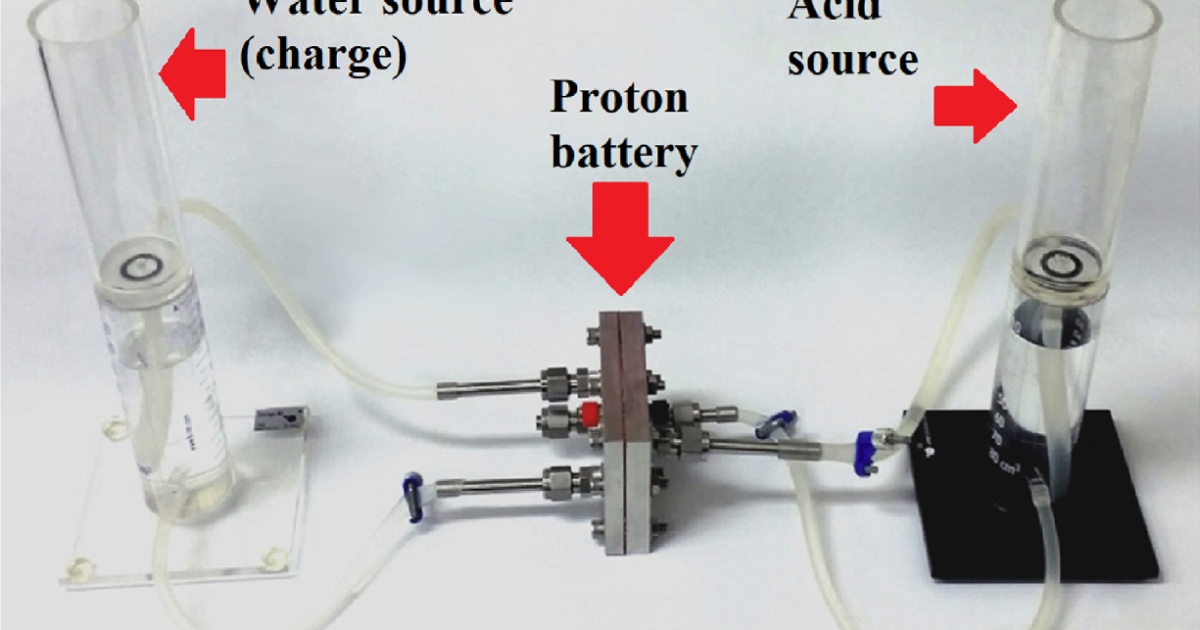edit I am an idiot, who uploaded the image link as the URL. The original source should now be accessible
RMIT engineers say they’ve tripled the energy density of cheap, rechargeable, recyclable proton flow batteries, which can now challenge commercially available lithium-ion batteries for capacity with a specific energy density of 245 Wh/kg.



I’m sorry, but there is simply no way that anyone can have so little greed as to prefer to exercise their sociopathy rather than become the richest person on earth (where they can harm people much more effectively).
The reason these things don’t materialize is because they weren’t never there in the first place.
It’s happened multiple times before. Mostly when a big company is heavily invested in an alternative technology. They don’t want to completely retool, since it’s expensive, but they want to limit others from developing it, and so become competitors (that eat into profit margins).
The simplest solution is to buy up critical patents and either sit on the, or slow boat them.
Oil and car companies did this with electric/alternative car research for a while. Kodak also did it with digital cameras, since they competed with film cameras. It doesn’t last forever, but it can give decades of extra profit, before the competition gets over the speed bump.
Yeah. None of that is true.
There was plenty of electric car R&D (and it was never overly restricted by patents). Battery technology and electronics were just not got enough until recently, and there wasn’t as much of a financial incentive to go electric.
Kodak is a standard example of a company’s failure to migrate from its legacy business. It very much did not stifle digital imaging.